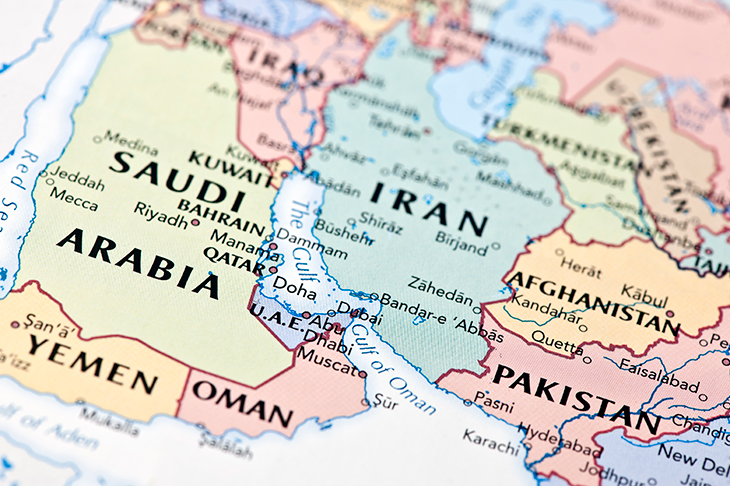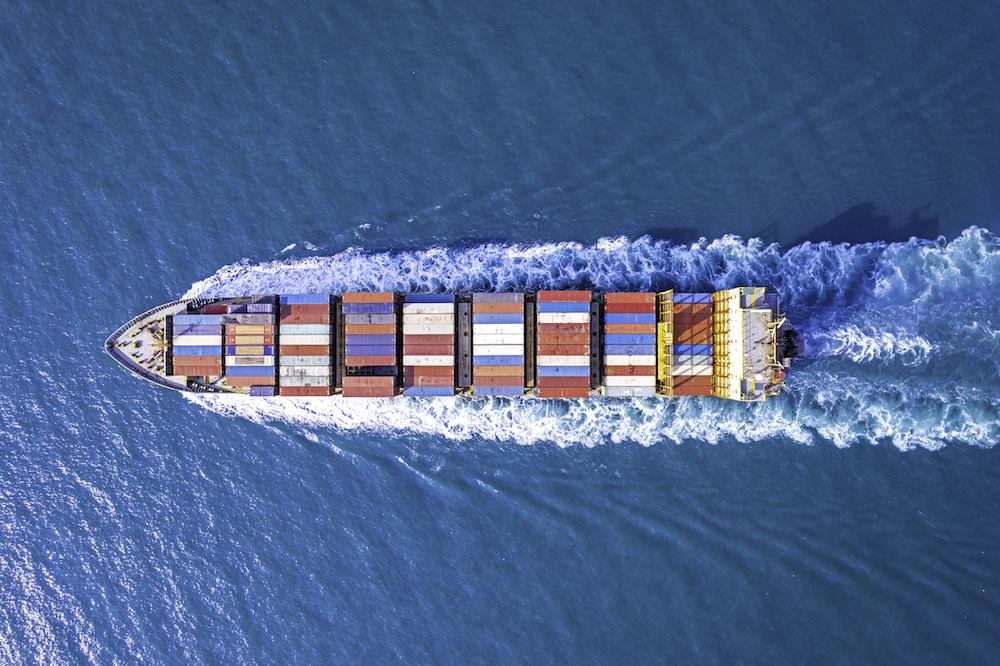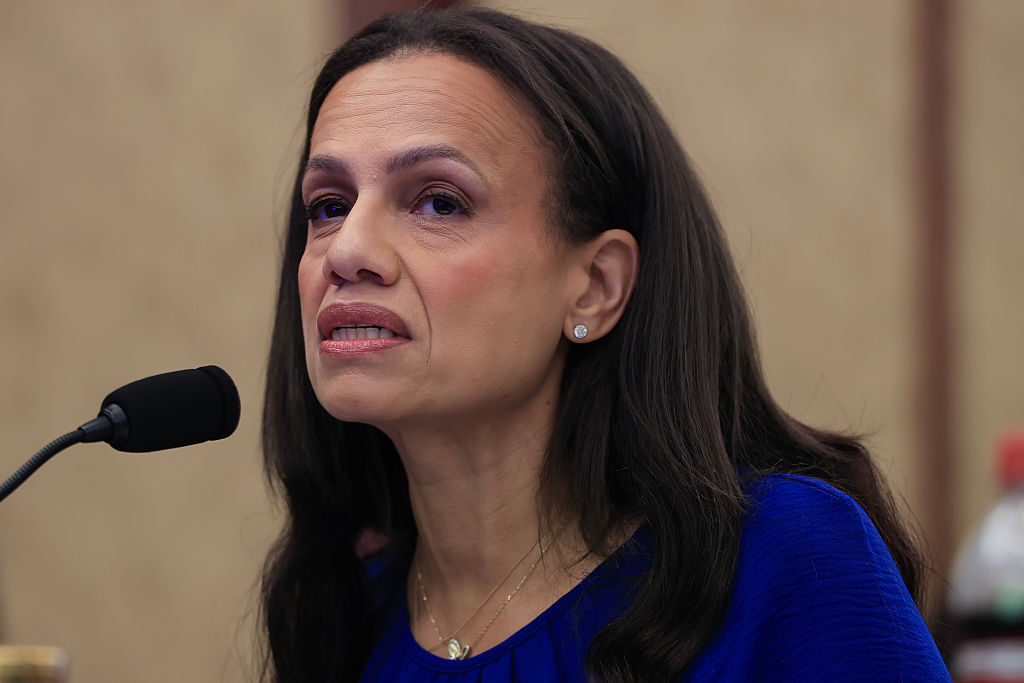Just when you thought it was safe to go back in the water…late last year, a range of forecasts suggested that the likelihood of recession in the US, with knock-on effects for the rest of the developed world, had significantly diminished. Last summer, many economists were putting the chance of a substantial downturn at 50 percent but by November, Goldman Sachs had marked it down to 24 percent and Morgan Stanley to ‘around 20 percent’. Underlying this shift were strong corporate earnings and consumer spending, plus rising hopes of a settlement of US-China trade tensions. Last month saw a sell-off of safety-first government bonds reflecting the mood, and the FT’s end-of-year forecasts included a confident ‘No’ to ‘Will the US go into recession?’ by Gillian Tett, though she wisely added that ‘the question haunts the markets [and] the White House’.
On the same page, Middle East editor Andrew England also answered ‘No’ to ‘Will there be a war with Iran?’ on the grounds that Donald Trump had ‘displayed reluctance to take muscular action’. Well, we all predict at our peril: five days later, a US drone killed Qasem Soleimani, oil and gold prices leapt and stock markets trembled as the world waited for Iran’s retaliation. In today’s more efficient and diverse energy world, oil price spikes are not the economic threat they once were — but a closure of the Strait of Hormuz (through which a fifth of world oil supplies pass) would drive inflation up, optimism down and forecasters back to the drawing board.
Carlos gone
When the former Nissan and Renault chief Carlos Ghosn was arrested in Tokyo in November 2018, I recalled an expression from my own experience of working there: ‘The nail that stands out gets hammered down.’ That’s certainly how the authorities proceeded to deal with the French-Brazilian-Lebanese executive who had done so much to revive Nissan’s fortunes but offended the Japanese corporate establishment by tabling a full merger with Renault, Nissan’s alliance partner, that would have come under his own autocratic command and made him even richer than he already was.
What followed were allegations of understating his income in official documents (which looked more like a corporate governance issue than a criminal one) followed by heftier charges of diverting Nissan funds for his own benefit. After 129 days’ detention he was released on bail conditions that forbade him from seeing his wife, while access was denied to evidence that might help his defense, and his day in court was deferred until at least late 2020. Trapped in a justice system with a 99 percent conviction rate, with no diplomatic support from France or anywhere else, no wonder Ghosn opted to have himself air-freighted to Beirut — leaving his prosecutors with the worst that can happen in Japanese public life: huge mentsu wo ushinau, or loss of face. If he evades trial, we’ll never know whether Carlos was wronged or a wrong ’un, but the world is agog to hear how he made his escape.
This article was originally published in The Spectator’s UK magazine. Subscribe to the US edition here.


























